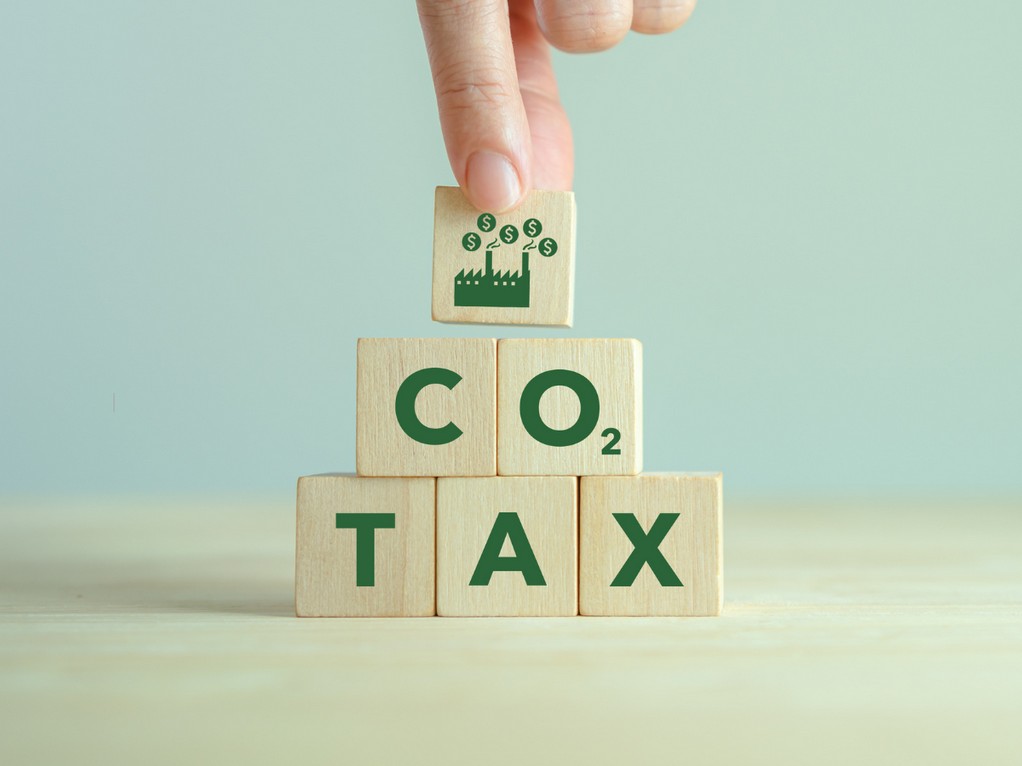The European Union inaugurated the first phase of the world’s first system of imposing CO2 emissions levies on imported steel, cement, and other commodities, in an effort to prevent more polluting foreign items from undercutting its green transition.
The anticipated tax has alarmed trading partners, and at a recent meeting, China’s top climate envoy, Xie Zhenhua, warned countries not to resort to unilateral measures like the EU fee.
The EU will not start collecting CO2 emissions taxes at the border until 2026.
However, on Sunday, the first phase of the Carbon Border Adjustment Mechanism (CBAM) will begin, with EU importers required to disclose the greenhouse gas emissions buried in the production of imported amounts of iron and steel, aluminium, cement, power, fertilisers and hydrogen.
Importers will be required to acquire certificates to cover these CO2 emissions beginning in 2026, putting foreign manufacturers on a par with EU businesses that must purchase permits from the EU carbon market when they pollute.
The goal, according to European Economy Commissioner Paolo Gentiloni, is to stimulate a global move to greener production and to prevent European industries from migrating to nations with weaker environmental regulations.
Tags: Border Tarifff, Carbon tax, CO2 Emissions, eu



Recent Posts
Port of Brisbane Unveils Vision 2060 to Drive Smarter, Cleaner, and More Connected Future
Wärtsilä to Deliver Hybrid Propulsion Systems for Vertom Group’s New Low-Emission Vessels
Latvian port receives electric Konecranes Gottwald Mobile Harbor Crane
Sustainable Ocean Economy Vital for Human Development, Says UNDP at UN Ocean Conference
Green Hydrogen Costs in India Could Drop by 40%, Says IEEFA-JMK Report
Cavotec Secures €1.55 Million Shore Power Contract for Port of Antwerp-Bruges
APM Terminals and SANY Marine sign landmark agreement to accelerate decarbonisation
The Port of Gothenburg takes big step towards shore power connection for container and car/RoRo vessels